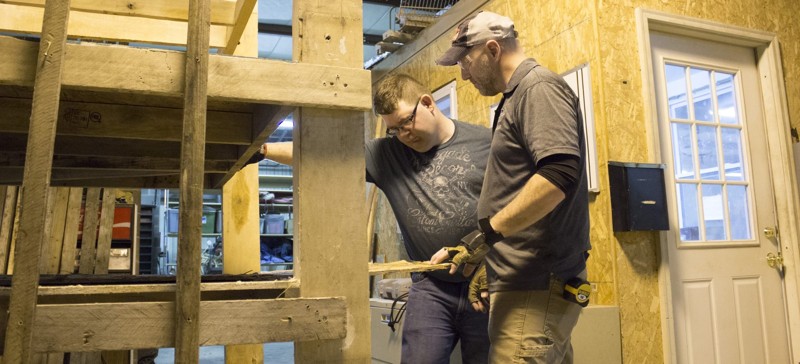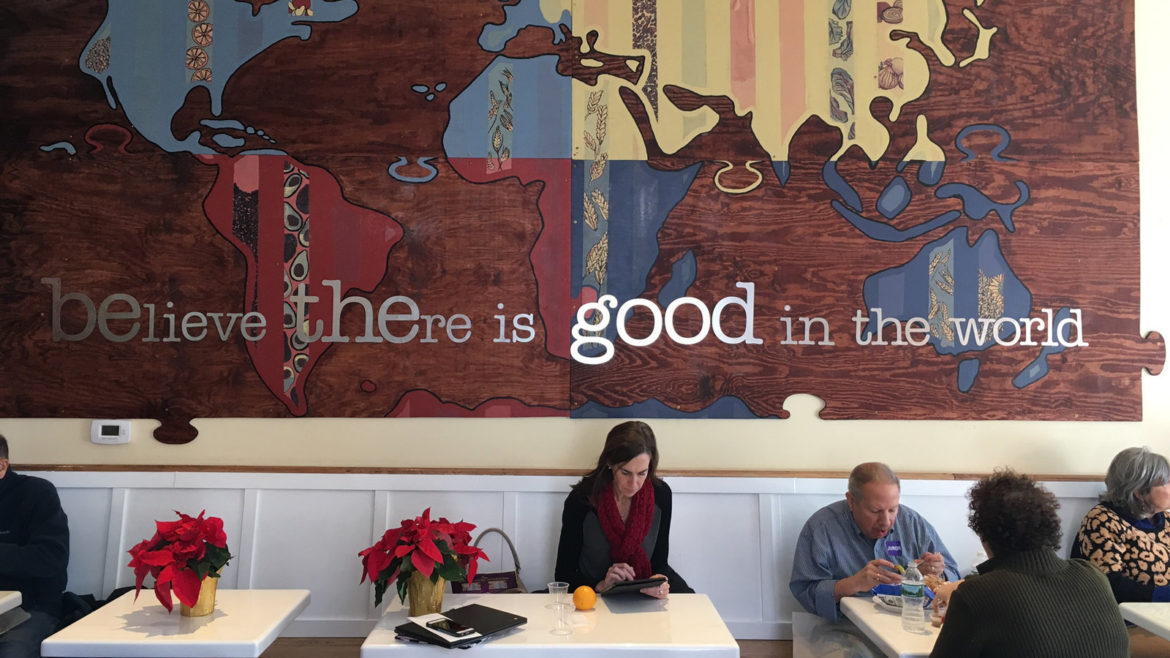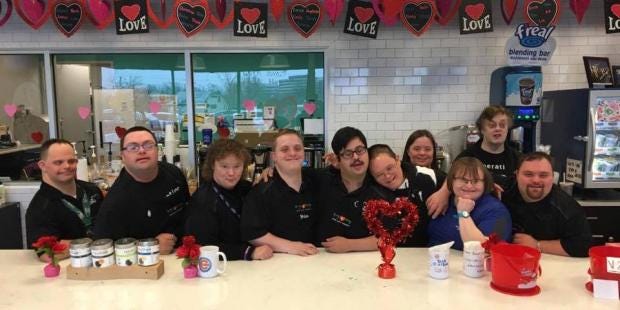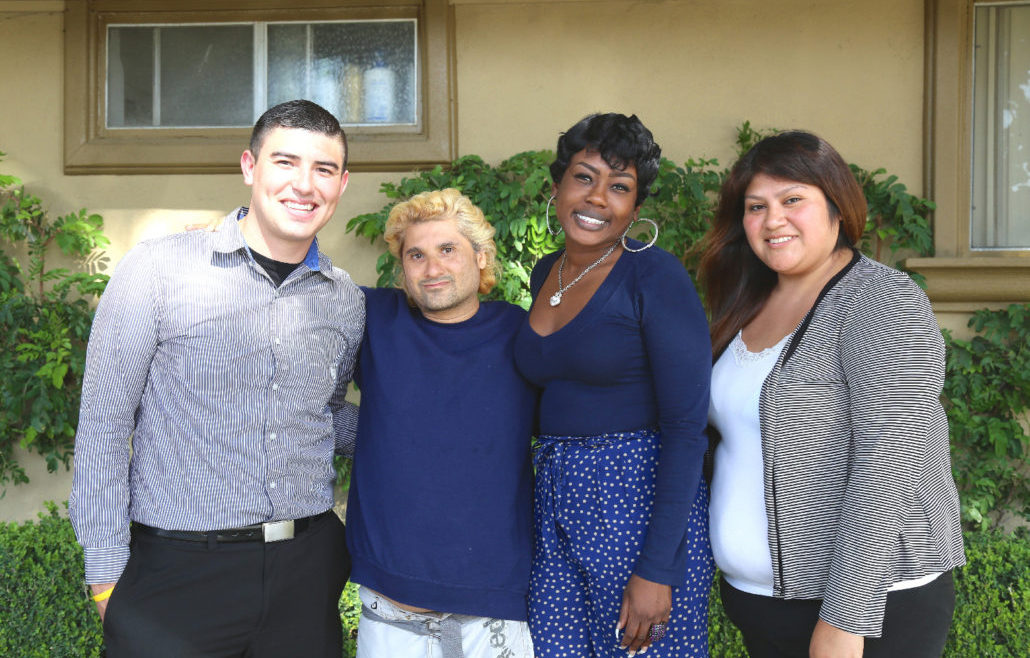6 Tips for an Autism-Friendly Fourth of July
https://peoplescare.com/wp-content/uploads/2017/07/seattle-fireworks2.jpg 600 400 People's Care People's Care https://peoplescare.com/wp-content/uploads/2017/07/seattle-fireworks2.jpgJuly 4th is a wonderful holiday to celebrate, it’s also a noisy and busy one. This can present challenges for those on the spectrum.
For starters, I suggest thinking about what size of celebration is right for your family and child. It could be sparklers after a family backyard barbeque. Or maybe it’s going to town for full-out fireworks.
If you decide to attend a fireworks display – or even a big party – here are some tips to consider:

1. Prepare your child in advance. Talk about what’s going to happen at the party or fireworks display. You can show him an Internet video of fireworks – perhaps playing it quietly first, then slowly turning up the volume. If your child responds to visual aids, you can create a story about the day with pictures or photos. Explain that there will be lots of people.
2. Focus on the fun! Tell your child why you enjoy fireworks or a holiday barbeque with friends. Let him see that you’re excited to attend. This will help him get excited too. Describe the activities you know he’ll enjoy, whether it’s seeing a friend or the ice cream cone he’ll get as a treat.
3. Bring along favorite items such as toys, games and snacks. This can provide a crucial distraction if your child gets antsy while waiting for activities to start.
4. Have a blanket, towel or chair for your son. Creating a defined space that’s “his own” can help a child with autism feel more comfortable in a crowd.
5. Consider bringing headphones to help block out excessive noise. As we all know, fireworks can pack a lot of sensory stimulation! Also consider sitting some distance from the display – someplace you can still see the colorful explosions, but without the intense noise.
6. Make sure your child knows how to ask for a break from the crowd or noise. If your child is verbal, he may only need a reminder. However, many children on the spectrum do best with a visual aid. For example, provide your child with a special card to hand to you when he needs a break from the stimulation.
[Source: https://www.autismspeaks.org/tips-autism-friendly-fourth-july ]














